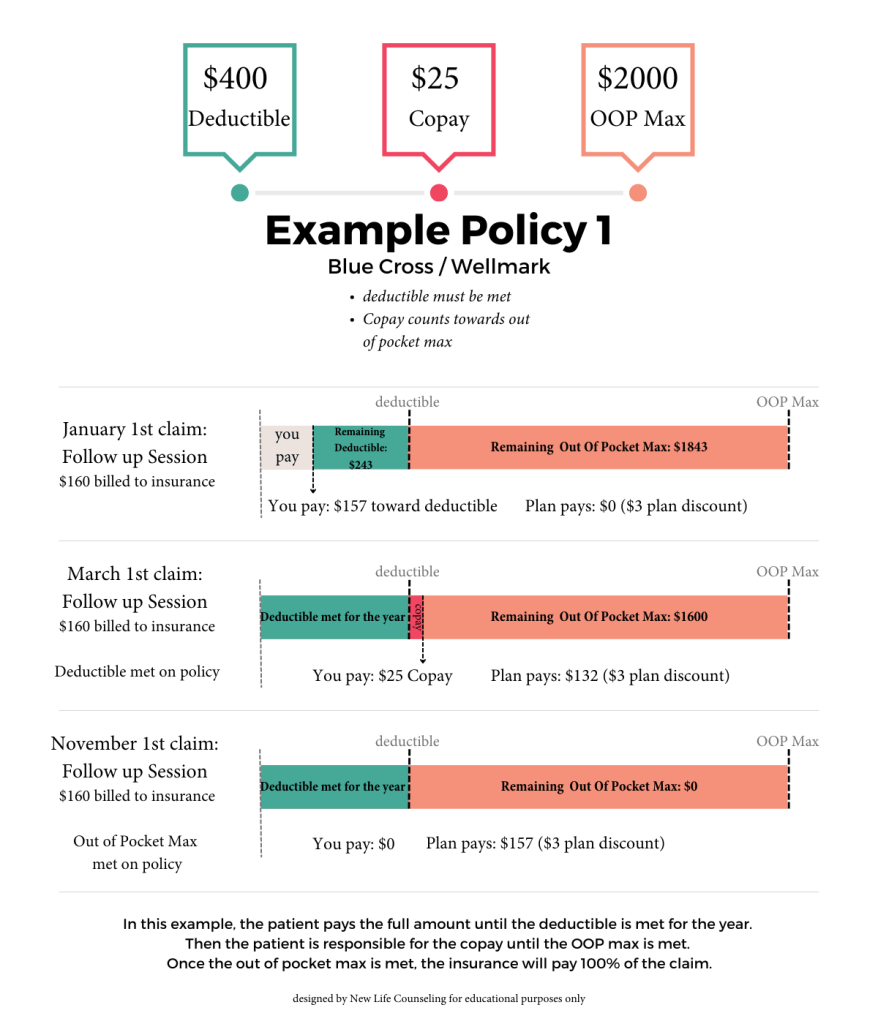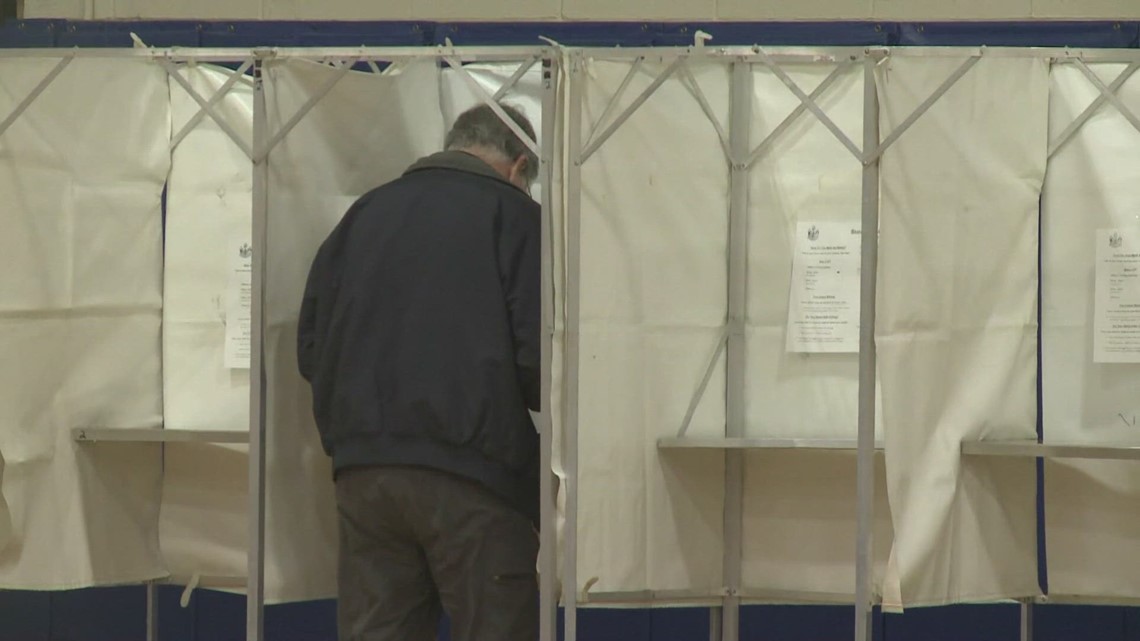Maine's Post-Election Audit: A Case Study

Table of Contents
Maine's Audit Methodology: A Deep Dive
Maine employs a multi-faceted approach to post-election auditing, aiming to balance accuracy with efficiency. Understanding the specifics of this methodology is key to assessing the overall effectiveness of the Maine Post-Election Audit.
Types of Audits Conducted:
Maine utilizes various audit types depending on the specific circumstances and potential risk factors identified after the election. These typically include:
-
Risk-Limiting Audits (RLAs): These statistically-driven audits randomly sample ballots to verify the accuracy of the reported vote counts. The sample size is determined by the desired level of confidence and the margin of victory. The Maine Secretary of State’s office oversees the statistical methodology ensuring accuracy and reliability in determining sample size and interpretation of results.
-
Manual Recounts: These are triggered when the margin of victory falls below a pre-defined threshold, usually a small percentage of the total votes cast. Manual recounts involve a meticulous hand-counting of all ballots in the relevant races. This process is subject to strict observation protocols to ensure integrity.
-
Logic and Accuracy Testing: This pre-election audit focuses on the functionality of voting machines, ensuring they accurately record votes and adhere to programming specifications. This preventative measure helps to identify and resolve any potential technical issues before Election Day.
Legal Framework: The legal framework governing these audits is outlined in the Maine Revised Statutes, Title 21-A, Chapter 5, which details the procedures for conducting recounts and post-election audits. Specific regulations on the methodology for risk-limiting audits are established by the Secretary of State's office.
Technology's Role in Maine's Audits:
Technology plays an increasingly significant role in Maine's post-election audit process, enhancing efficiency and potentially improving accuracy.
-
Electronic Voting Machines: While many towns utilize electronic voting machines, the use of paper trails is mandated to allow for manual verification during audits. This combination helps address concerns about both efficiency and verifiability.
-
Digital Record-Keeping: The use of secure digital systems streamlines the process of storing and accessing election data. However, robust cybersecurity measures are essential to protect data integrity and prevent unauthorized access.
-
Statistical Software: Sophisticated statistical software is used in risk-limiting audits to calculate sample sizes, analyze results, and determine the confidence level in the reported outcomes.
Transparency and Public Access to Information
Transparency in the post-election audit process is crucial for maintaining public trust and confidence in election results. The accessibility of information regarding the Maine Post-Election Audit is a key factor.
Public Observation of the Audit Process:
Maine generally allows for public observation of the audit process, although the specifics may vary by county and the type of audit being conducted.
-
Designated Observation Areas: Many counties provide designated areas where members of the public can observe the recount or audit process.
-
Live-Streaming: Some counties explore the option of live-streaming portions of the audit for remote observation. However, consistent availability of this method across all counties isn't currently guaranteed.
-
Limitations: Restrictions may apply to ensure the orderly conduct of the audit, preventing interference with the process.
Dissemination of Audit Results:
The dissemination of results from the Maine Post-Election Audit is conducted through various channels to ensure broad access to information.
-
Press Releases: Official press releases are commonly issued by the Secretary of State’s office summarizing the findings.
-
Official Reports: More detailed reports are often made available online detailing the methodology, sample sizes, and results of the audit.
-
Online Publications: Results are typically posted on the websites of the Secretary of State and potentially the individual counties. Clarity and accessibility of this information vary.
Impact and Implications for Future Elections
The effectiveness of Maine's post-election audit process directly impacts the integrity and public confidence in the state's elections.
Identifying Areas for Improvement:
While Maine's audit system has strengths, areas for improvement exist.
-
Enhanced Transparency: Standardized public access guidelines and consistent live-streaming across all counties could further enhance transparency.
-
Improved Technology: Investment in more advanced auditing technologies and secure data management systems could improve efficiency and accuracy.
-
Streamlined Communication: Clearer, more consistent communication of audit results to the public could enhance public trust and understanding.
Comparison to Other States:
Maine's approach to post-election audits can be compared to other states, highlighting best practices and areas for improvement. States like Colorado, with their robust risk-limiting audit system, provide models for potentially improving the efficiency and statistical rigor of Maine's approach.
Conclusion:
This case study of Maine's post-election audit provides valuable insights into the state's commitment to election integrity. While the process demonstrates a degree of transparency and accuracy, areas for improvement exist, particularly in enhancing public access and potentially adopting more advanced auditing methodologies, such as a more widespread implementation of risk-limiting audits. By learning from this case study and engaging in informed discussion, we can improve the integrity of future Maine Post-Election Audits and strengthen democratic processes across the state. Further research into specific aspects of the Maine Post-Election Audit, such as the impact of technology or the effectiveness of public communication strategies, will yield even greater understanding and inform future election administration. Continued focus on improving the Maine Post-Election Audit is essential for maintaining public confidence in the fairness and accuracy of Maine elections.

Featured Posts
-
 Understanding The Low Percentage Of Mental Health Insurance Claims
May 02, 2025
Understanding The Low Percentage Of Mental Health Insurance Claims
May 02, 2025 -
 Maines Novel Approach To Post Election Audits
May 02, 2025
Maines Novel Approach To Post Election Audits
May 02, 2025 -
 300 5
May 02, 2025
300 5
May 02, 2025 -
 Tragjedi Ne Ceki Sulm Me Thike Ne Qender Tregtare Dy Viktima
May 02, 2025
Tragjedi Ne Ceki Sulm Me Thike Ne Qender Tregtare Dy Viktima
May 02, 2025 -
 Death Of A Dallas Star The 80s Soap Opera Mourns
May 02, 2025
Death Of A Dallas Star The 80s Soap Opera Mourns
May 02, 2025
